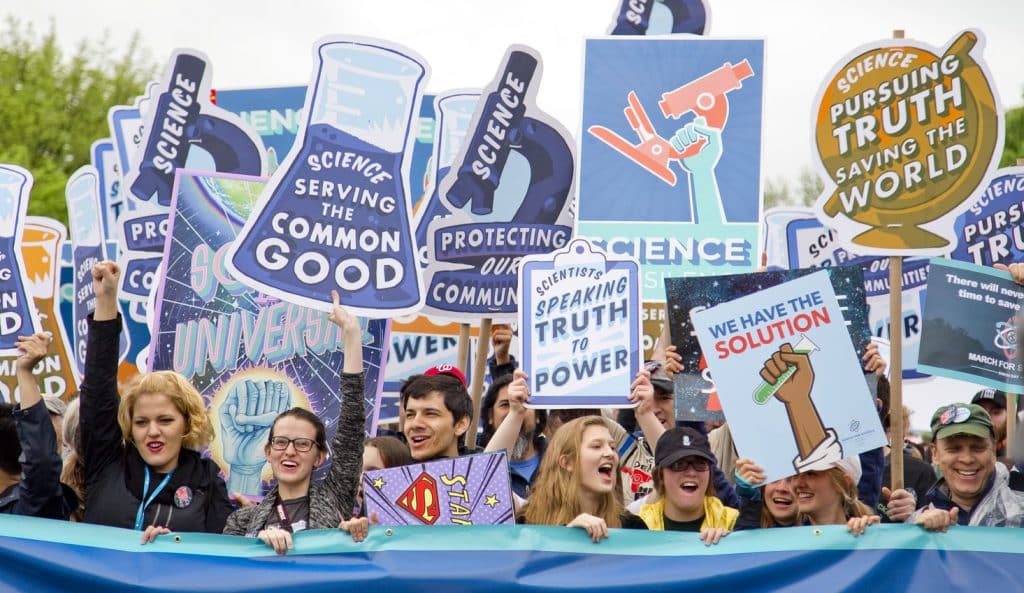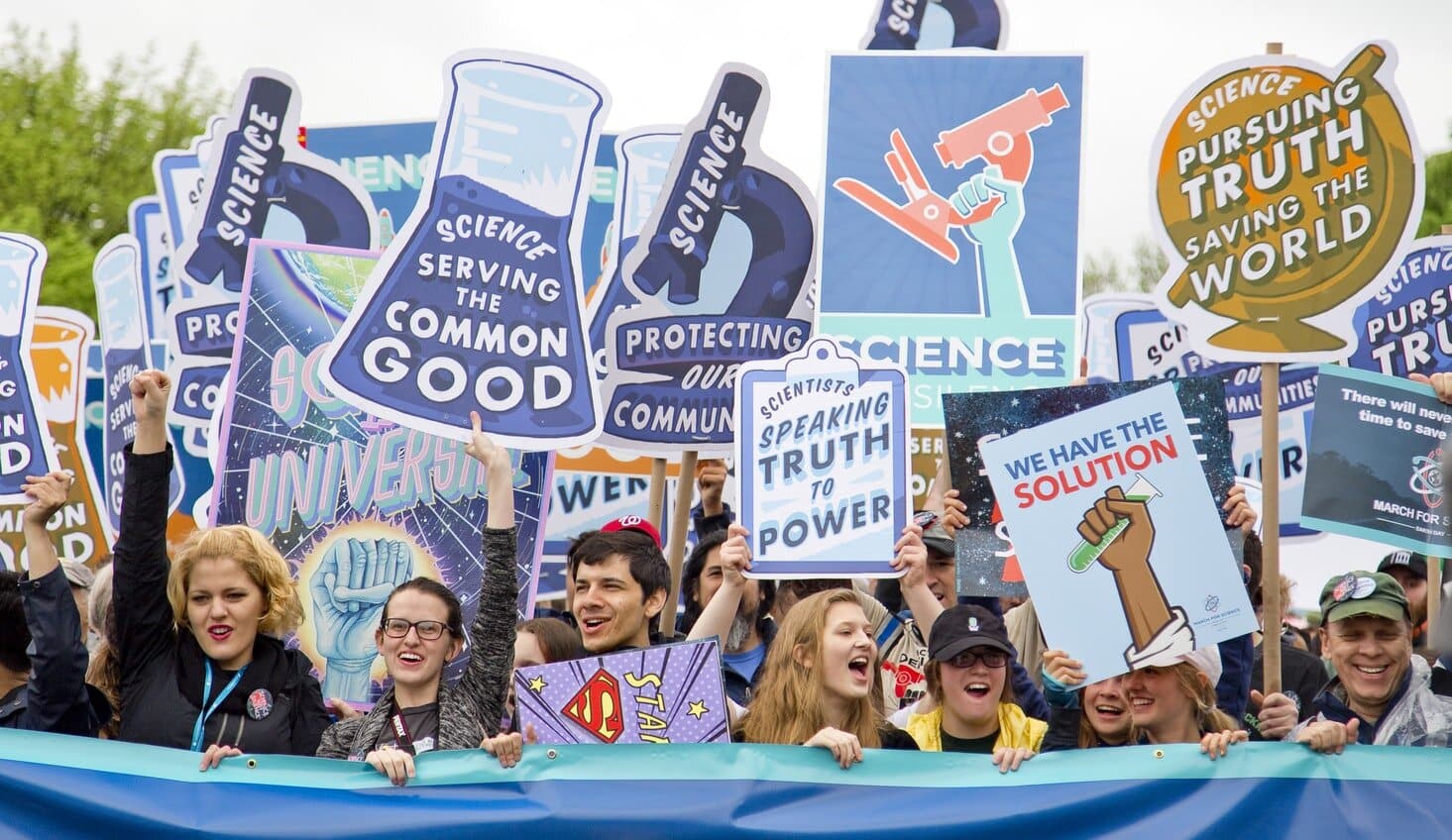
Climate change: where science meets politics
Image courtesy of Unsplash.com.
Trey Stewart, Sports Editor
In the ever-growing political disconnect between the primary American parties, the issue of climate change has been one of the most forceful and constant of divisive topics.
With President Donald Trump officially withdrawing from the Paris Climate Accord, climate change proved that it will continue to be a partisan issue for years to come.
As Trump formally notified the United Nations that the U.S. will no longer consider itself a member of the accord, they must now figure out a way to move forward without the economic prowess that America boasts.
The 2020 election now holds even more importance than before for the Democratic party and it’s respective candidates, as they will look to get a candidate into office who will reinstate U.S. participation in the accord.
But how divisive should climate change be? Is this an issue that should divide parties, or should it unite citizens from all across the political spectrum in order to preserve the quality of life on Earth?
Dr. Randall Moss, professor of biology at North Greenville University, does not believe so.
“Unfortunately, climate change is a topic of politically-charged debate to the extent that it can make the entire concept confusing and, at times, contentious,” Moss says.
Politcally-charged may be the best way to describe the issue at hand. In a recent poll conducted by FiveThirtyEight, results showed that climate change was the fourth most important issue among Democratic voters, behind only the economy, health care and the ability to beat Trump in the general election.
“For the politically liberal, if climate change is an imminent crisis, then it becomes a critical bargaining chip toward big government and liberal ideology,” Moss claims. “On the other hand, political conservatism values individual liberty and the voice of “the people” and views big government as a threat against those liberties.”
Many Democratic candidates, including Senators Bernie Sanders and Elizabeth Warren, have made climate change a focal point of their campaigns, and have vowed to treat the issue as seriously as they believe it warrants. Trump, on the other hand, has neglected to invest in the climate, as evidenced by the withdrawal from the Paris Climate Accord.
“I believe that the Trump administration’s decision to leave the Paris Climate Agreement was likely more of a political and economic decision than it was a scientifically or ethically motivated one,” Moss says in regard to the decision.
Whether or not Trump’s motivation is genuine, many American citizens are shocked at the lack of attention the current administration has payed to the increasing severity of climate change.
As the country moves forward toward the 2020 election, it will be worth keeping an eye on the relevancy of the topic of climate change, and how it is handled by both parties as each attempts to shift the political spectrum in their respective favors.

